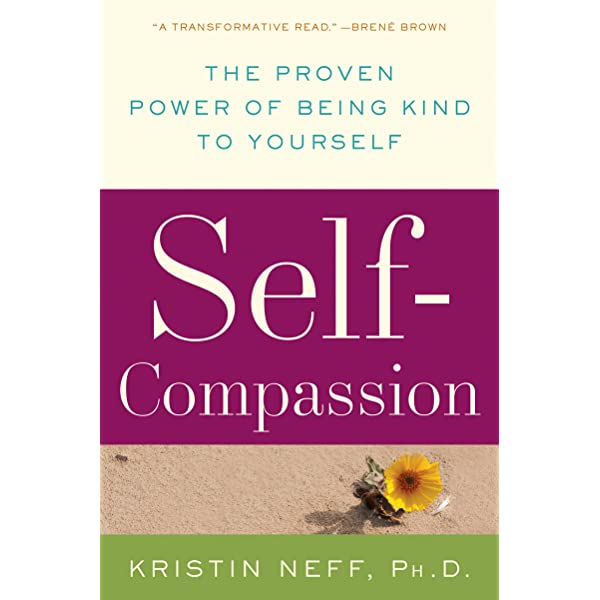What is the theory behind that therapy I’ve heard about? Where can I find information about how a certain therapy or approach is used with clients? Is there a good book to help my client learn about a certain condition or approach to therapy?
bridge provides the best in books and resources: from research-based treatment texts helpful for therapists, to skills workbooks and helpful books to recommended to your clients, to everything in between. That way, you don’t have to spend all your time searching for the best resources.
The list for good clinician books and resources are organized below by diagnosis/condition (e.g., depression, anxiety) or by stage in the therapy process (e.g., intake assessment prior to formal therapy).
*Any links in the page below to books are currently used for informational purposes. Note that books recommended for clients are not intended to be used in place of counseling or psychotherapy for individuals who may need a greater degree of support than self-help may provide. Therefore, these books are not intended to be used in place of counseling services, unless otherwise recommended by a clinician. Links are not currently affiliate- or partnership-based (we do not currently receive money for directing you to those books).

Intake Assessments and Interviewing

For Clinicians:
The First Interview, 4th Ed., James Morrison.
Motivational Interviewing: Helping People Change, 3rd Ed., William Miller & Stephen Rollnick. (also see Substance Abuse)

Structured Assessment
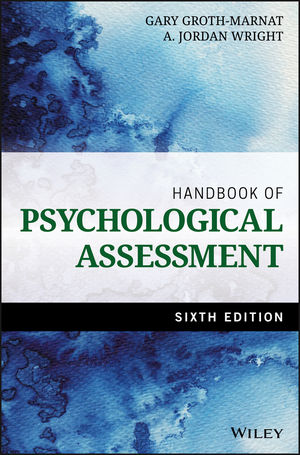
For Clinicians:
Handbook of Psychological Assessment, 6th Ed.*, Gary Groth-Marnat and A. Jordan Wright.
* Many structured assessments (e.g., intellectual functioning tests like the WAIS-IV) require additional training due to test complexities and per ethical guidelines of multiple trade organizations (e.g., APA). See bridge’s CEUs page for training options that periodically arise.
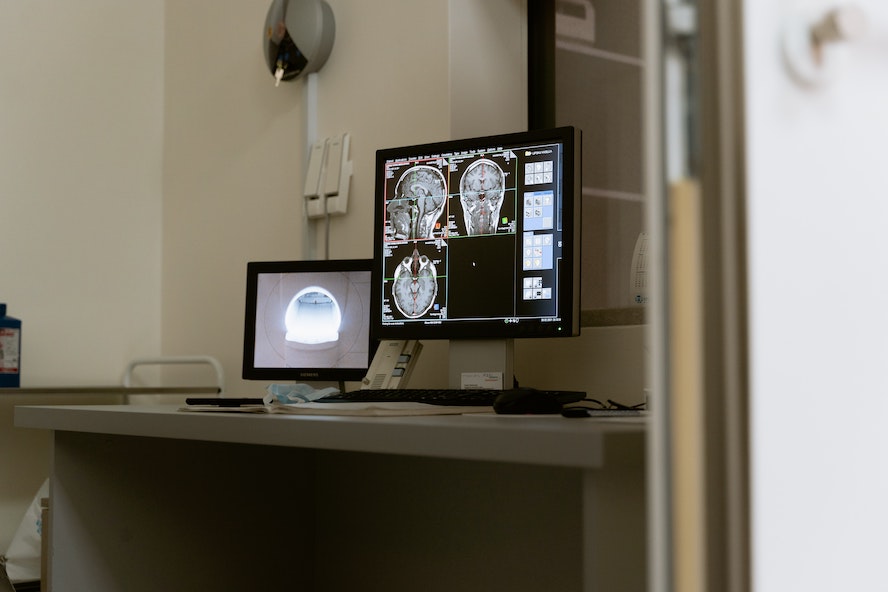
Diagnosis and DSM

For Clinicians:
Kaplan & Sadock’s Synopsis of Psychiatry, 12th Ed. Robert Boland (no relation to our CEO!), Marcia Verduin, and Pedro Ruiz.
This book is Bridge Dissemination award winner for outstanding clinician resource! It provides excellent and digestible diagnostic information and is good for any training background.
Diagnostic and Statistical Manual of Mental Disorders, 5th Ed Text Revision (DSM-5-TR), American Psychiatric Association.
*See bridge’s full interactive table to access DSM-5-TR and ICD-11 diagnostic codes if you need to access codes for billing purposes or communication needs

Case Conceptualization and Treatment Planning

For Clinicians:
The Case Formulation Approach to Cognitive Behavior Therapy, Jacqueline Persons.
Current Psychotherapies, Raymond Corsini and Danny Wedding.
Practitioners Guide to Evidence-Based Psychotherapy, William O’Donohue and Jane Fisher.
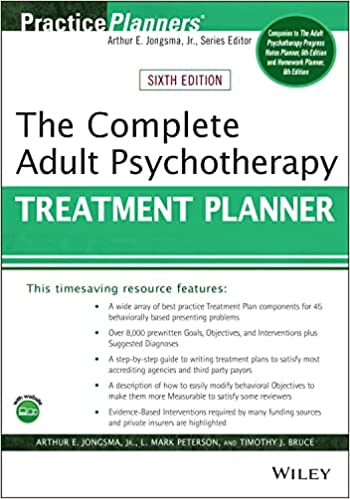
Treatment Planning:
The Complete Adult Psychotherapy Treatment Planner, Arthur E. Jongsma Jr., et al.
The Adolescent Psychotherapy Treatment Planner, Berghuis, David J., et al.
The Child Psychotherapy Treatment Planner, David J. Berghuis, et al.

Depression
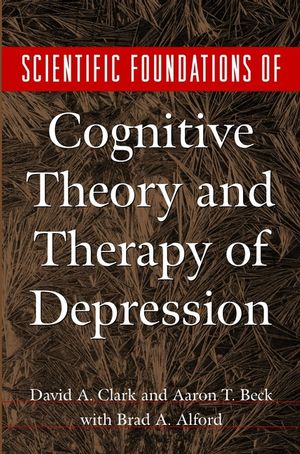
For Clinicians:
Scientific Foundations of Cognitive Theory and Therapy of Depression, David Clark and Aaron Beck.
Cognitive Therapy of Depression, Aaron Beck, A. Rush, Brian Shaw, and Gary Emery.
Treatment for Chronic Depression, James McCullough Jr.
Cognitive Behavior Therapy, Basics and Beyond, Judith Beck.
Behavioral Activation for Depression, Christopher Martell, Sona Dimidjian, and Ruth Herman-Dunn.
Behavioral Activation With Adolescents: A Clinician’s Guide, Elizabeth McCauley, Kelly Schloredt, Gretchen Gudmundsen, et al.
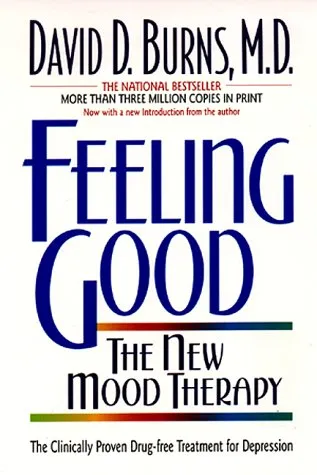
For Clients:
Feeling Good: The New Mood Therapy, David Burns.
This is Depression, Diane McIntosh.

Social Anxiety

For Clinicians:
Anxiety Disorders and Phobias, Aaron Beck.
Managing Social Anxiety, Workbook: A Cognitive-Behavioral Therapy Approach (Treatments That Work), Debra Hope, Richard Heimberg, and Cynthia Turk.
Cognitive Behavior Therapy, Basics and Beyond, Judith Beck.
Managing Social Anxiety, Therapist Guide: A Cognitive-Behavioral Therapy Approach (Treatments That Work), Debra Hope.

For Clients:
Feeling Good: The New Mood Therapy, David Burns.

General Anxiety Disorder
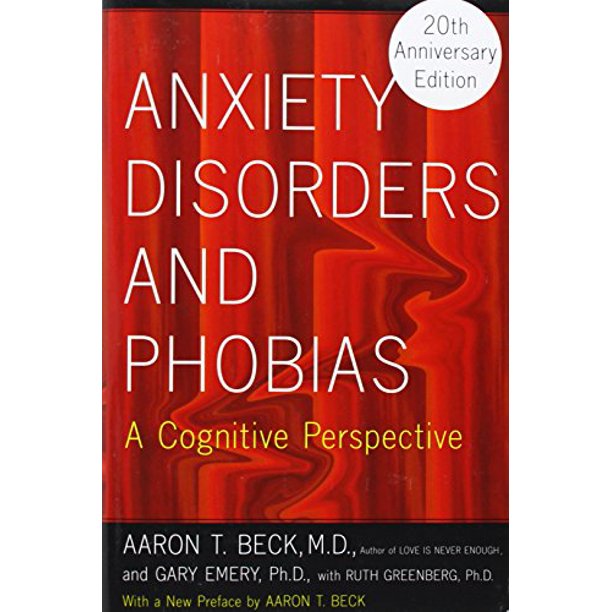
For Clinicians:
Anxiety disorders and phobias, Aaron Beck.
Managing Social Anxiety, Workbook: A Cognitive-Behavioral Therapy Approach (Treatments That Work), Debra Hope, Richard Heimberg, and Cynthia Turk.
The Anxiety and Worry Workbook, David Clark and Aaron Beck.
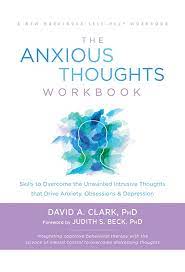
For Clients:
The Anxious Thoughts Workbook: Skills to Overcome the Unwanted Intrusive Thoughts that Drive Anxiety, Obsessions, and Depression, David Clark and Aaron Beck.
Unwinding Anxiety, Judson Brewer MD.

Panic Attacks and Panic Disorder
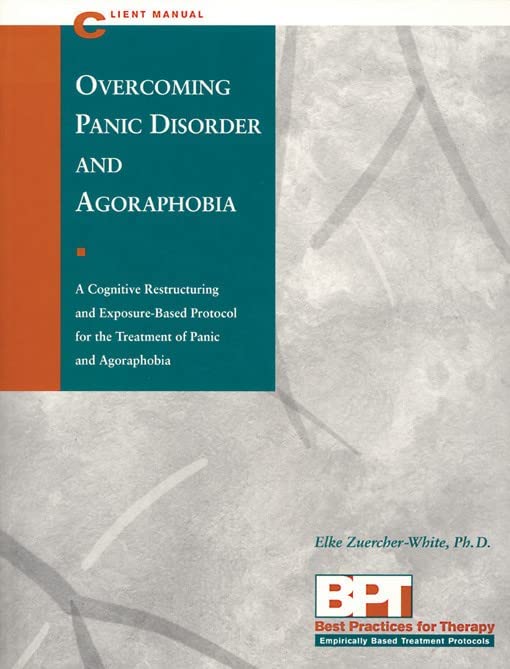
For Clinicians:
Overcoming Panic Disorder and Agoraphobia, Matthew McKay and Elke Zuercher-White.
Exposure Therapy for Anxiety, Principles and Practice, Jonathan Abramowitz, Brett Deacon, and Stephen Whiteside.
How to Beat Panic Disorder One Step at a Time: Using evidence-based low-intensity CBT, Paul Farrand and Marie Chellingsworth.

Obsessive Compulsive Disorder
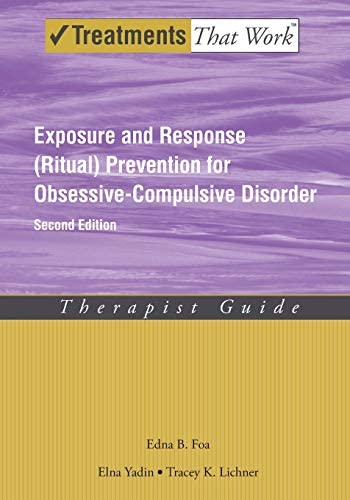
For Clinicians:
Exposure and Response Prevention for OCD, Edna Foa, Elna Yadin, and Tracey Lichner.
Advanced Casebook of Obsessive-Compulsive and Related Disorders: Conceptualizations and Treatment, Eric A. Storch, Dean McKay, and Jonathan S. Abramowitz.
For Clients:
Obsessive-Compulsive Disorder Demystified: An Essential Guide for Understanding and Living with OCD, Cheryl Carmin.
The Mindfulness Workbook for Ocd: A Guide to Overcoming Obsessions and Compulsions Using Mindfulness and Cognitive Behavioral Therapy, Jon Hershfield and Tom Corboy.

Post-Traumatic Stress Disorder
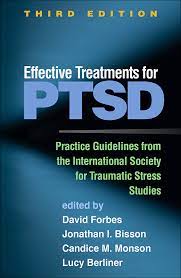
For Clinicians:
Prolonged Exposure Therapy for PTSD: Emotional Processing of Traumatic Experiences, A Therapist’s Guide, 2nd Ed., Edna Foa, Elizabeth A. Hembree, Barbara Olasov Rothbaum, and Sheila Rauch.
Cognitive Processing Therapy for PTSD, Patricia Resick, Candice Monson, and Kathleen Chard.
Effective Treatments for PTSD, David Forbes, Johnathan Bisson, Candice Monson, and Lucy Berliner.
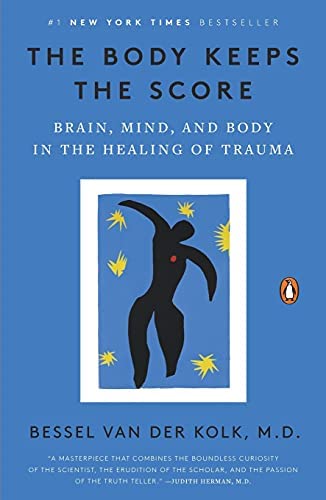
For Clients:
The Body Keeps The Score, Bessel van der Kolk.
The PTSD Workbook: Simple, Effective Techniques for Overcoming Traumatic Stress Symptoms, Mary Beth Williams, Ph.D., and Soili Poijula, Ph.D.
Getting Past Your Past: Take Control of Your Life with Self-Help Techniques from EMDR Therapy, Francine Shapiro, Ph.D.
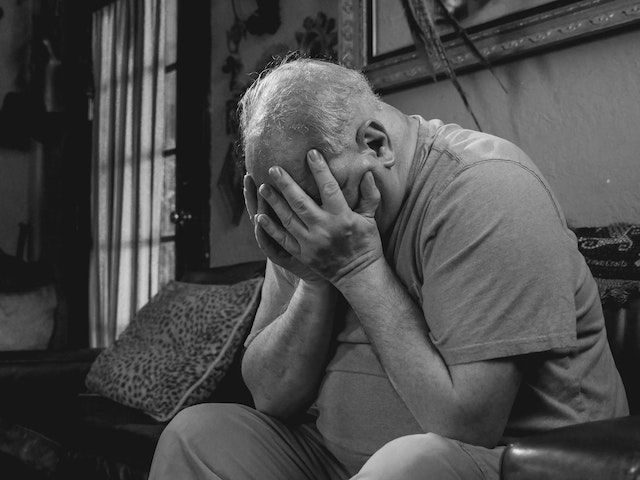
Grief
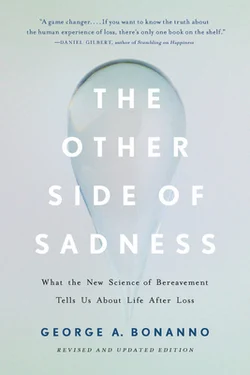
For Clinicians:
The Other Side of Sadness: What the New Science of Bereavement Tells Us About Life After Loss, George Bonanno.
The Grieving Brain: The Surprising Science of How We Learn from Love and Loss, Mary-Frances O’Connor
For Clients:
When Somebody Very Special Dies, Marge Heegaard.
The Other Side of Sadness: What the New Science of Bereavement Tells Us About Life After Loss, George Bonanno.
It’s OK That You’re Not OK: Meeting Grief and Loss in a Culture That Doesn’t Understand, by Megan Devine.

DBT
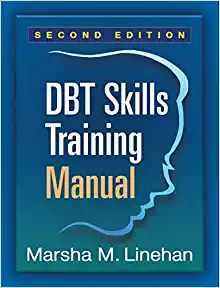
For Clinicians:
DBT Skills Training Manual, Marsha M. Linehan.
DBT Skills Training Handouts and Worksheets, Marsha M. Linehan.
Cognitive-Behavioral Treatment of Borderline Personality Disorder (Diagnosis and Treatment of Mental Disorders), Marsha M Linehan.
Doing Dialectical Behavior Therapy: A Practical Guide (Guides to Individualized Evidence-Based Treatment), Kelly Koerner.
The Dialectical Behavior Therapy Skills Workbook: Practical DBT Exercises for Learning Mindfulness, Interpersonal Effectiveness, Emotion Regulation & Distress Tolerance, Matthew McKay , Jeffrey C. Wood, and Jeffrey Brantley.
For Clients:
Building a Life Worth Living, Marsha M. Linehan.
Parenting a Child Who Has Intense Emotions: Dialectical Behavior Therapy Skills to Help Your Child Regulate Emotional Outbursts and Aggressive Behaviors, Pat Harvey and Jeanine Penzo.
Borderline Personality Disorder – A BPD Survival Guide: For Understanding, Coping, and Healing, Anna Nierling.

Attention Deficit-Hyperactivity Disorder
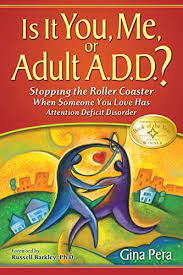
For Clinicians:
ADHD in Children and Adolescents, Brian P Daly, Aimee Hildenbrand, Ronald T Brown.
Attention Deficit / Hyperactivity Disorder in Adults, Brian P. Daly, Elizabeth Nicholls, and Ronald T. Brown.
For Clients:
Is it You, Me, or Adult A.D.D.?; Gina Pera and Russel Barkley.
Thriving with ADHD Workbook for Kids, Kelli Miller LCSW MSW.

Substance Abuse
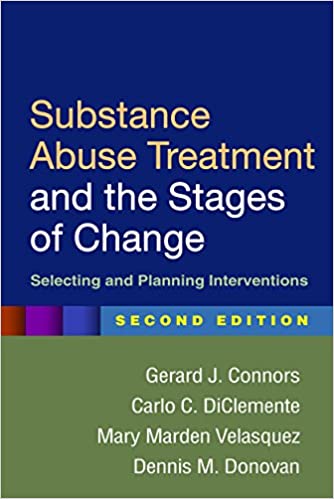
For Clinicians:
Substance Abuse Treatment and the Stages of Change, Second Edition: Selecting and Planning Interventions, Gerard Connors, Carlo DiClemente, Mary Velasquez, and Dennis Donovan.
Motivational Interviewing: Helping People Change, 3rd Edition (Applications of Motivational Interviewing), William Miller and Stephen Rollnick.
For Clients:
The DBT Workbook for Alcohol and Drug Addiction, Laura J. Petracek, Ph.D.
The Addiction Recovery Skills Workbook: Changing Addictive Behaviors Using CBT, Mindfulness, and Motivational Interviewing Techniques (New Harbinger Self-help Workbooks), Suzette Glasner-Edwards PhD & Richard A Rawson Ph.D.

Suicide Risk: Assessment and Treatment
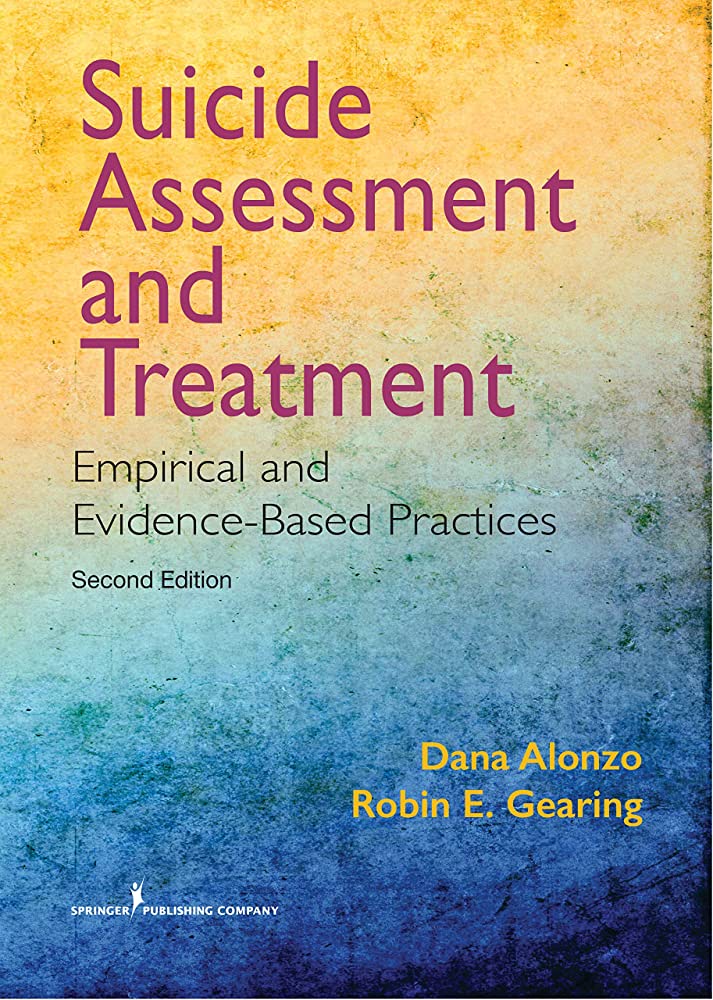
For Clinicians:
Suicide Assessment and Treatment: Empirical and Evidence-Based Practices, 2nd Ed. Dana Alonzo and Robert E. Gearing
Suicide Assessment and Treatment: A Strengths-Based Approach. John Sommers-Flanagan and Rita Sommers Flanagan
For Clients:
The Suicidal Thoughts Workbook: CBT Skills to Reduce Emotional Pain, Increase Hope, and Prevent Suicide. Kathryn Hope Gordon and Thomas Ellis Joiner.
**Assessing suicide risk and treating suicidal ideation can be a nerve-racking undertaking. In addition to these books there is also good information and continuing education trainings on suicide risk and treatment. No book or training can guarantee success in working with suicidal clients. But they can help clinicians navigate that important work and increase chances of success.

Insomnia
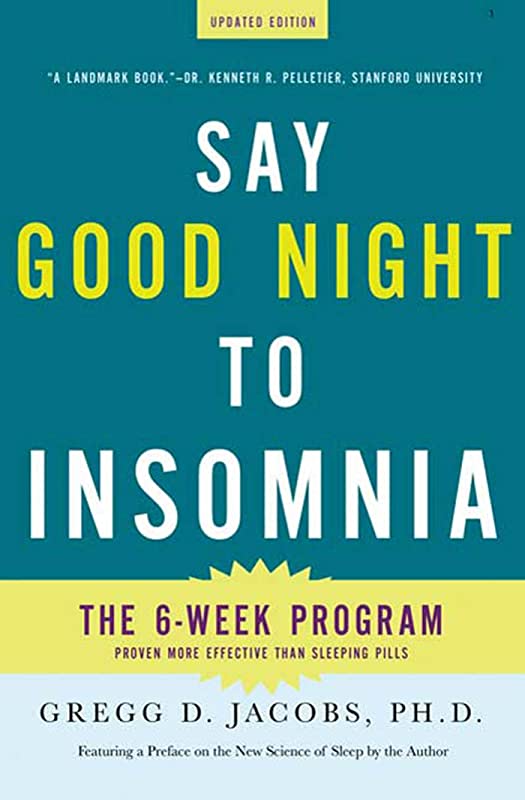
For Clinicians:
Treatment Plans and Interventions for Insomnia: A Case Formulation Approach, Rachel Manber and Colleen E. Carney.
Overcoming Insomnia: A Cognitive-Behavioral Therapy Approach, Therapist Guide (Treatments That Work), Jack D. Edinger and Colleen E. Carney.
For Clients:
Say Goodnight to Insomnia: The Six-Week, Drug-Free Program Developed at Harvard Medical School, Gregg D. Jacobs.
The Somniskills Workbook, David L. Reed and William P. Sacco.

Chronic Pain and Pain Psychology
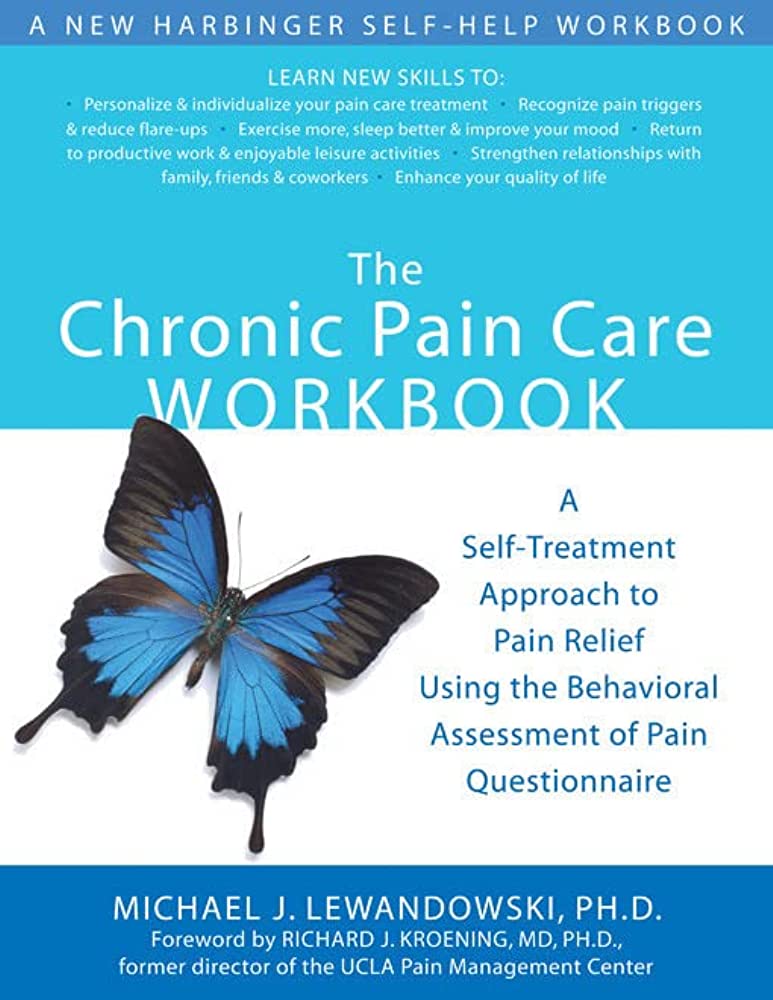
For Clinicians and Clients:
The Pain Management Workbook: Powerful CBT and Mindfulness Skills to Take Control of Pain and Reclaim Your Life. Rachel Zoffness and Mark A. Schumaker (foreword).
The Chronic Pain Care Workbook: A Self-Treatment Approach to Pain Relief…. Michael J. Lewandowski.

Couples Counseling and Relationships
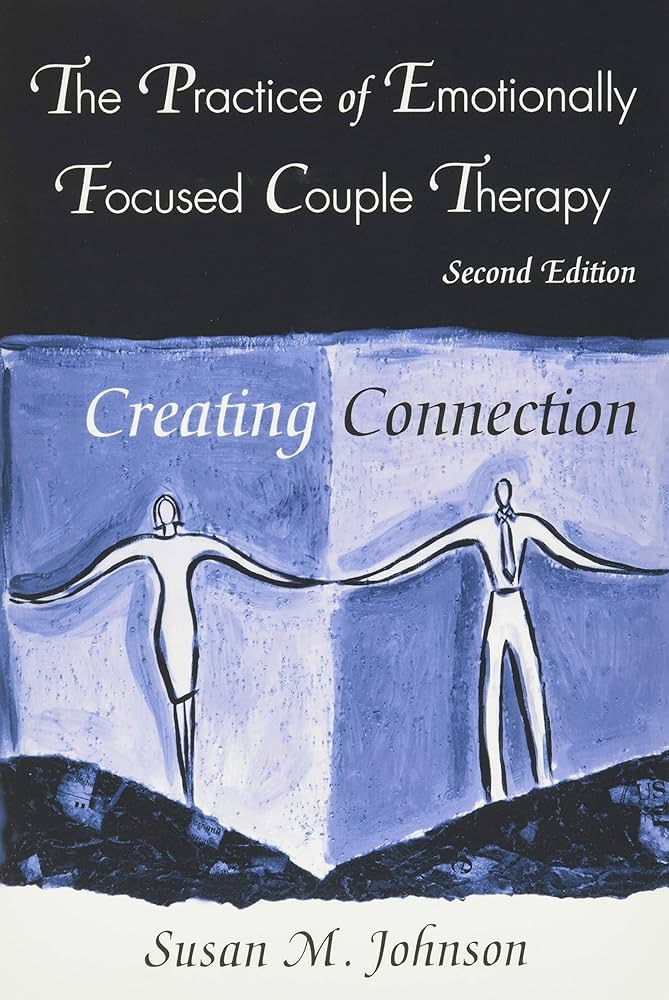
For Clinicians:
The Practice of Emotionally Focused Couple Therapy: Creating Connection, Susan M Johnson.
10 Principles for Doing Effective Couples Therapy (Norton Series on Interpersonal Neurobiology), Julie Schwartz Gottman, John M Gottman Ph.D., Daniel J Siegel M.D.
Clinical Handbook of Couple Therapy, Jay L. Lebow and Douglas K. Snyder Ph.D.
For Clients:
The Seven Principles for Making Marriage Work, John Gottman and Nan Silver.
Why Marriages Succeed or Fail: What You Can learn from the Breakthrough Research to Make Your Marriage Last, John Gottman.
The High Conflict Couple: A Dialectical Behavior Therapy Guide to Finding Peace, Intimacy, and Validation, Alan E. Fruzzetti.

Group Therapy
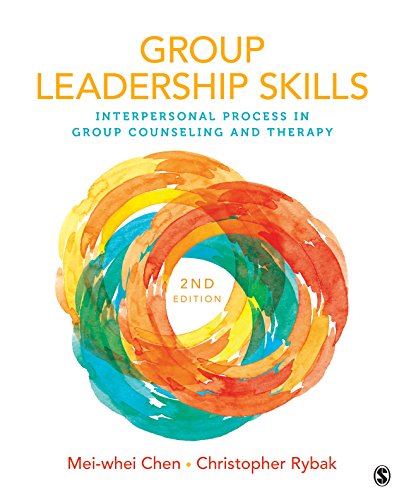
For Clinicians:
Group Leadership Skills: Interpersonal Process in Group Counseling and Therapy, Mei-whei Chen, Christopher J. Rybak.
Group Treatment for Substance Abuse: A Stages-of-Change Therapy Manual, Mary Marden Velasquez, Cathy Crouch, Nanette Stokes Stephens, et al.

Emotional Coping
For Clients:
Self-Compassion: The Proven Power of Being Kind to Yourself, Kristin Neff.
Feeling Good: The New Mood Therapy, David Burns.
ACT Made Simple, Russ Harris.
Full Catastrophe Living, Jon Kabat-Zinn.
Good Morning, Monster: A Therapist Shares Five Heroic Stories of Emotional Recovery, Cathrine Cildiner.
Why Does He Do That?: Inside the Minds of Angry and Controlling Men, Lundy Bancroft.
It’s My Life Now: Starting Over After an Abusive Relationship, Meg Kennedy Dugan, Roger R. Hock.

Attachment
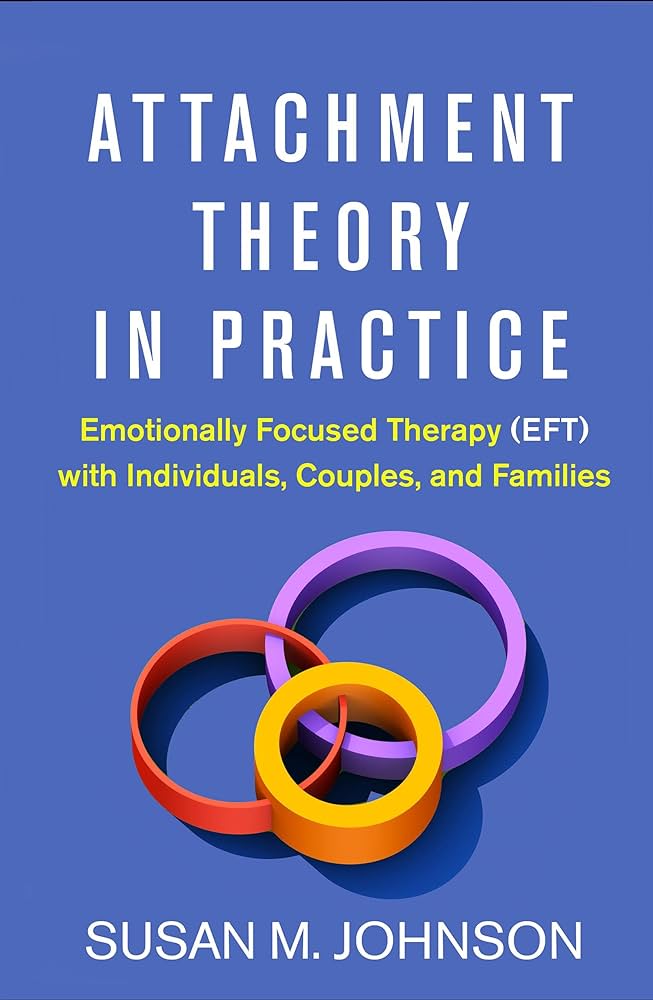
For Clinicians:
Attachment Theory in Practice: Emotionally Focused Therapy (EFT) with Individuals, Couples, and Families, Sue Johnson.
Attachment Theory (The Basics), Ruth O’Shaughnessy, Katherine Berry, Rudi Dallos, and Karen Bateson.
Attachment in Adulthood: Structure, Dynamics, and Change, Mario Mikulincer and Phillip Shaver
For Clients:
Attachment Theory Workbook for Couples: Exercises to Strengthen and Grow Your Relationship, Elizabeth Gillette.
Attached: The New Science of Adult Attachment and How It Can Help You Find – and Keep – Love, Amir Levine and Rachel Heller.
How to Not Die Alone, Logan Ury

Medication Resources

For Clinicians:
Clinical Psychopharmacology Made Ridiculously Simple; John Preston, Bret A. Moore, & James Johnson
Child and Adolescent Clinical Psychopharmacology Made Simple; John Preston, John H. O’Neal, Mary C. Talaga, & Bret A. Moore
**Also see our interactive guide on psychiatric medications. It includes explanations of how the most common psych meds work.
*bridge dissemination currently does not hold contracts with any affiliate marketing programs. However, we may accept commission from such entities in the future (e.g., book sellers) in exchange for posting information about books and resources they may sell.

